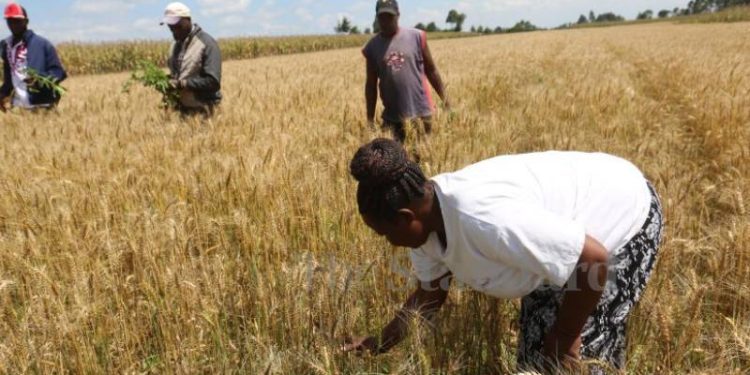The Cameroon government has unveiled plans to slash the importation of cereal by 35% by the year 2028, in a bid to bolster food security and reduce reliance on cereal imports.
The initiative comes as part of a five-year development plan for wheat production, launched earlier this year by the Ministry of Agriculture and Rural Development.
The ambitious development plan, valued at FCFA 417 billion, is set to be sponsored by the Ministry of Agriculture and Rural Development in collaboration with its financial partners.
According to statistics provided by the Ministry, wheat ranks as the second most consumed cereal in Cameroon, following maize, with approximately 900,000 tons consumed annually.
Recent figures reveal a significant dependency on cereal imports, with Cameroon importing about 900,000 tons of wheat in 2021, amounting to a staggering 182.5 billion FCFA.
The following year saw an increase in imports, with over 920 tons imported at a value of 260.7 billion FCFA in early 2022.
In response to this reliance on imports, the government has launched a comprehensive import substitution drive, culminating in the introduction of a five-year development plan aimed at boosting wheat production within the country’s borders.
The newly unveiled development plan, spanning from 2024 to 2028.
Experts believe it is strategically designed to reduce Cameroon’s dependence on cereal imports by a significant margin.
Funded by both the government and its development partners, the primary objective of the plan is to revitalize wheat production and processing by the end of the stipulated period.
This target underscores the government’s drive to promote import substitution and foster agricultural self-sufficiency and domestic production.



